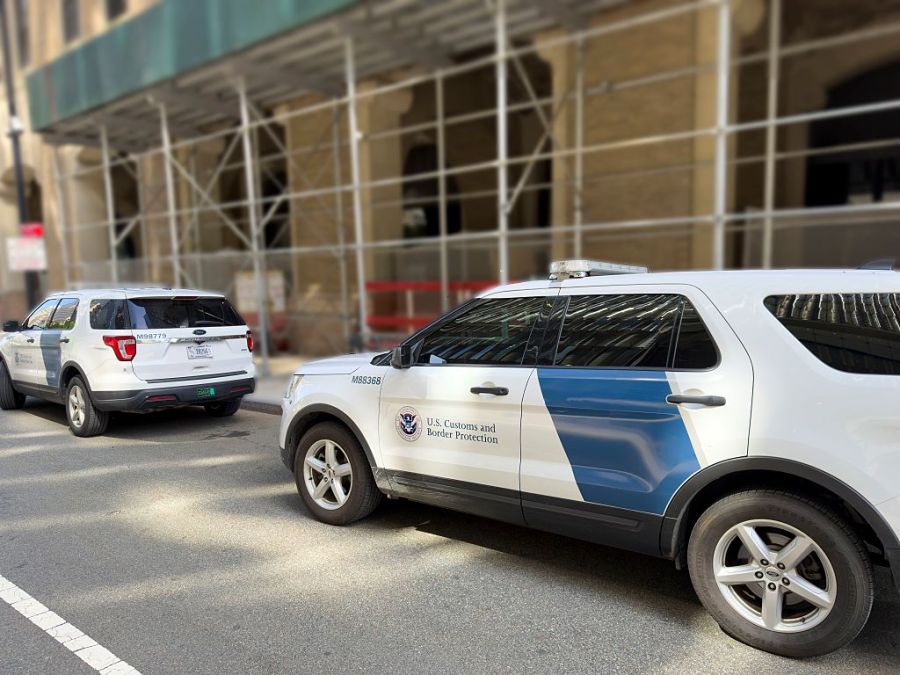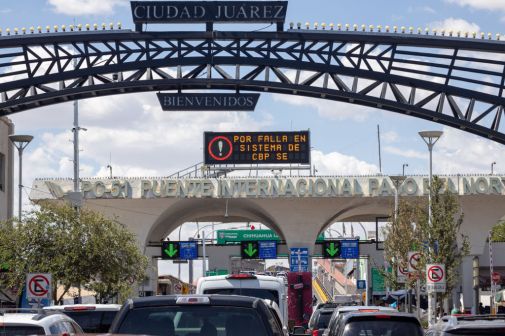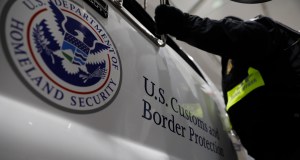Senator urges CBP to quit using tech to track and detain ‘suspicious’ drivers

Customs and Border Protection must stop using license plate readers and predictive algorithms to track Americans’ movements until it explains the policies behind the technologies, a Senate Commerce, Science and Transportation Committee member urged the agency’s leader Monday.
In a letter to CBP Commissioner Rodney S. Scott, Sen. Ed Markey, D-Mass., said the “invasive surveillance network” detailed in an Associated Press investigation “poses a serious threat to individuals’ privacy and civil liberties and may violate the Fourth Amendment to the U.S. Constitution.”
The AP reported last week that CBP’s system of license plate readers (LPRs) and predictive algorithms are used to monitor millions of drivers across the country and flag those whose driving patterns are considered to be suspicious.
The system has led to stops, searches and sometimes arrests, according to the AP. “Suddenly, drivers find themselves pulled over — often for reasons cited such as speeding, failure to signal, the wrong window tint or even a dangling air freshener blocking the view,” the news organization reported. “They are then aggressively questioned and searched, with no inkling that the roads they drove put them on law enforcement’s radar.”
Though some of these practices were initially deployed just at the southern and northern borders, Markey noted in his letter that the system has expanded into more central areas of the country, including Chicago-area highways.
“This expansion raises serious concerns about the scope of CBP’s authority, the transparency of its operations, and the potential infringement on Americans’ civil liberties,” the Massachusetts Democrat wrote.
Markey raised additional concerns about the implications of bulk collection of sensitive data, such as the potential for the government to track women traveling across state lines to seek abortion care. The idea of law enforcement stopping Americans and detaining them “based solely on an algorithmic determination about their driving behavior is deeply chilling,” he wrote, adding that the entire enterprise sparks “serious constitutional concerns” regarding unreasonable searches and seizures.
Based on these issues and others, Markey asked Scott to respond to a series of questions by Dec. 15, including how and why CBP developed and deployed LPR systems and predictive algorithms, what the agency’s current policies and practices are for use of the technologies, how it determines “suspicious activity,” whether it conducted a Fourth Amendment analysis to make sure what it’s doing is within the law, and if the agency will pledge to stopping using the tools.
CBP did not respond to a request for comment by publication time.






